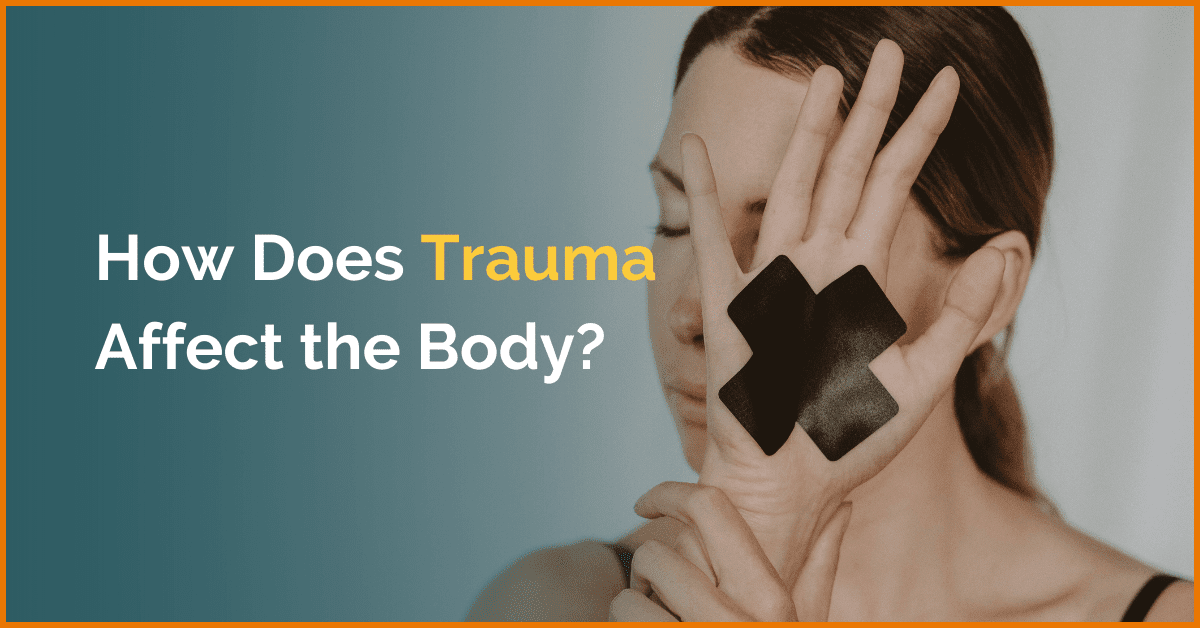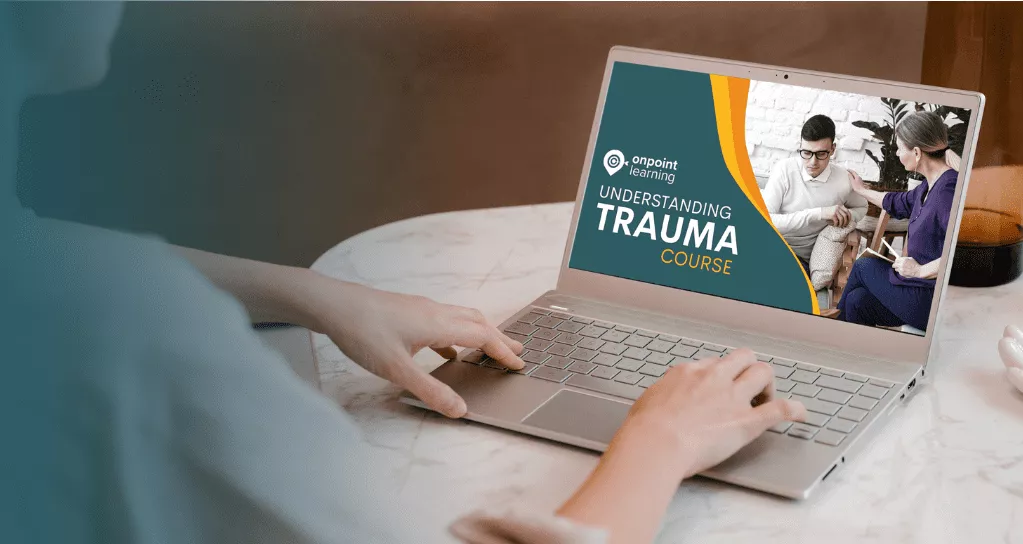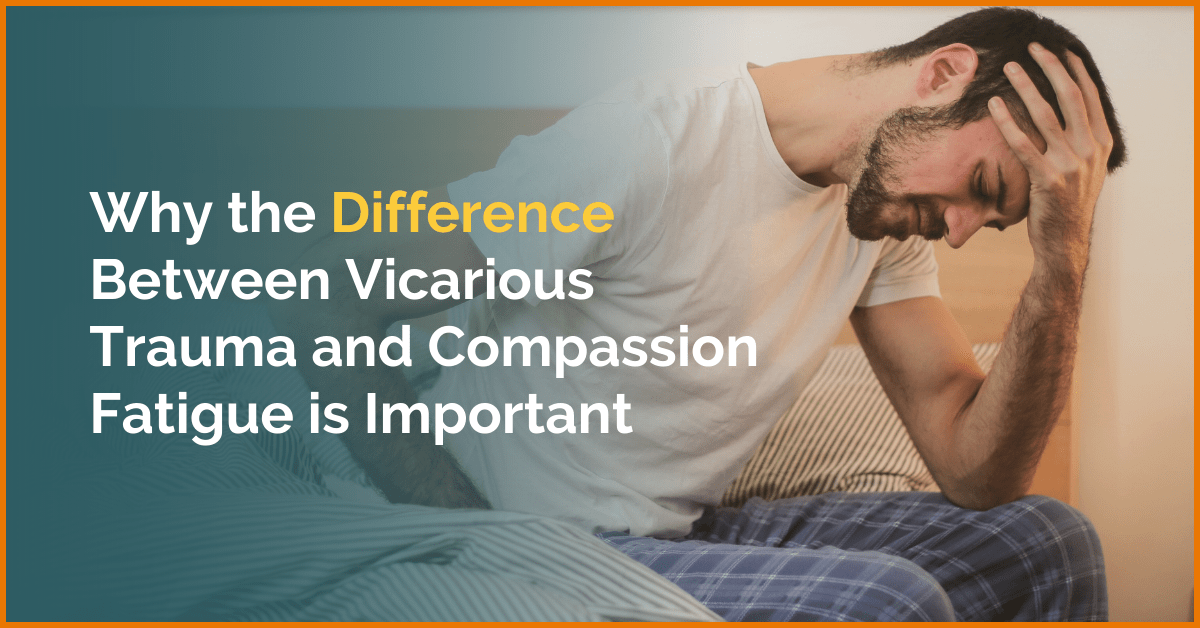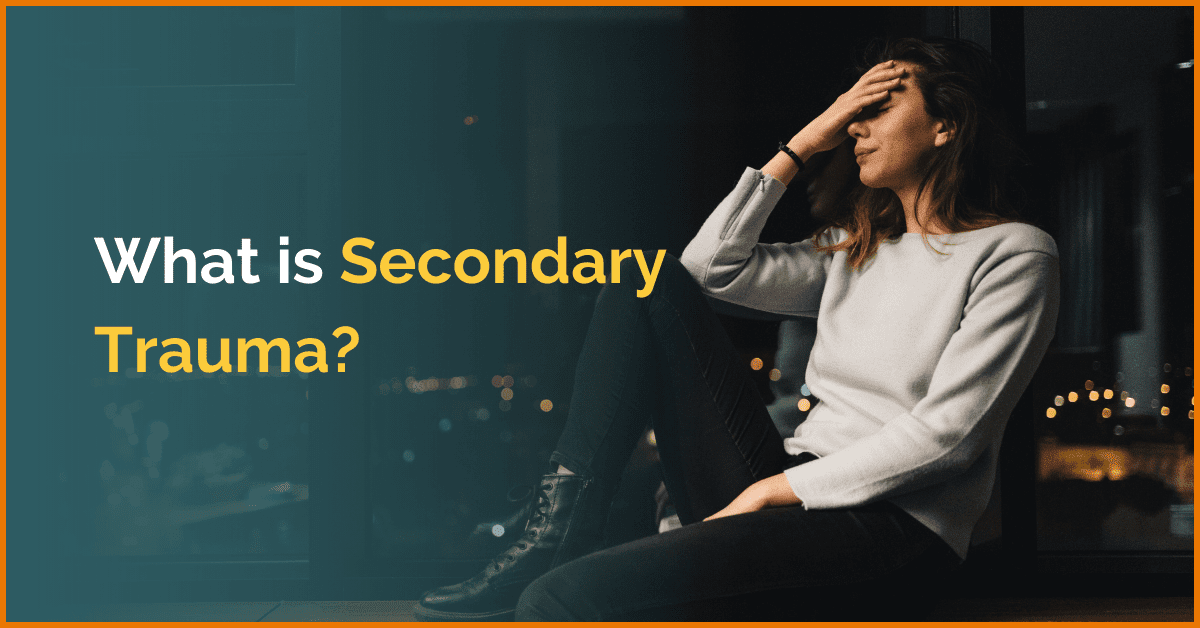How Does Trauma Affect The Body
Think about the last time you were nervous or scared. Perhaps you sensed danger, an upcoming argument or had a near-miss in the car.
What happened in your body?
Your body did what nature intends and made changes to your hormones, releasing chemicals and focusing your brain in ways that will increase your chances of survival.
What Does Trauma Mean?
Trauma is an overwhelming experience. It shocks someone to the point that their senses and thoughts can’t cope, and they are often left feeling helpless and defenceless in the moment.
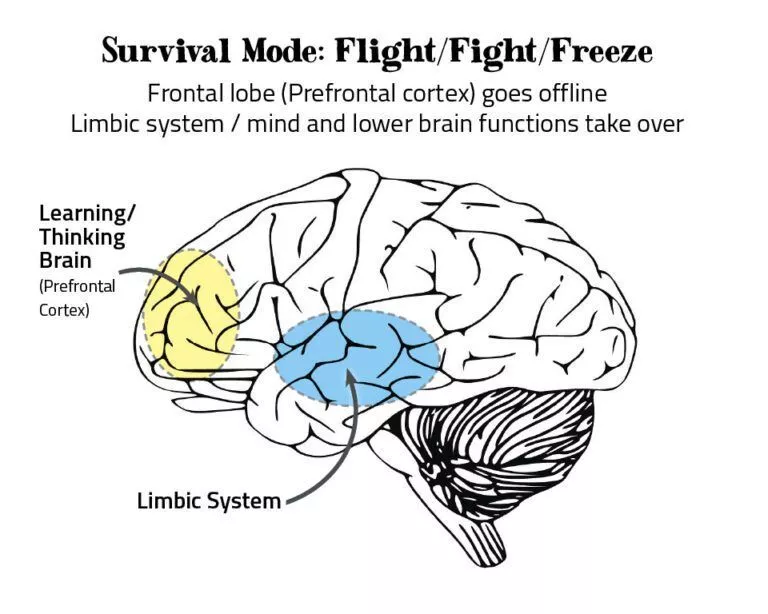



During a traumatic event, key parts of the brain are activated and immediately spring to action.
Some of these actions you would have already heard about – adrenaline production is often mentioned as a reaction to actual or perceived danger.
There are at least 20 other physiological responses as well, all ways trauma affects the body, all designed to protect us and give us an increased chance of survival.
Examples of these involuntary changes include:
- Rushing blood towards the larger muscle groups and away from digestive organs
- Faster breathing
- A ‘dry mouth’ as saliva production ceases
- The pupils dilate so that more information can be taken in.
- The blood changes to improve how well it clots and coagulates in the event of an injury
These reactions are typical for those entering the “fight” and “flight” state.
For others, who move into the “freeze” state, which happens more commonly when there is no escape from the danger, their muscles relax and collapse in fear, as their body shuts down in anticipation of the inevitable.
Interestingly, while the body may look as though it has collapsed or frozen, many of the physiological changes that initially prepared the body to fight have still happened. The hormones, chemical changes and mechanical changes are there, ready to be used.
Once the traumatic event passes, there is a tremendous reservoir of energy and strength created within the body that needs to be used up.
It can take a long-time to return to a normal state once all chemical and hormones have been released into the body.
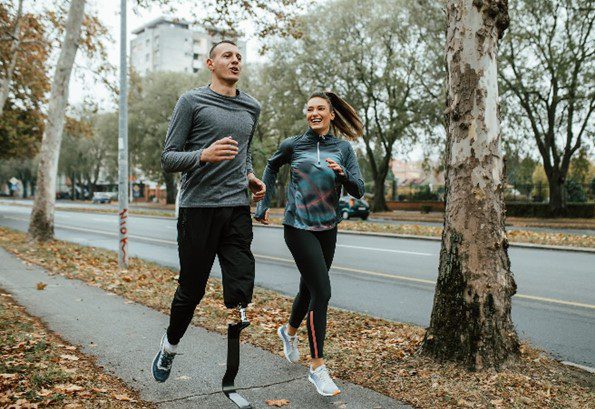



Using up these reserves after being triggered is an important technique and doing some exercise (even if it’s a walk) is a prime opportunity to assist the body return to a more normal physiological state.
So the problem is that trauma continues to cause these reactions even when it’s not really needed. An argument with someone elicits the same trauma response as if our life were really in danger. An argument isn’t much fun, but it’s unlikely to ever be a truly life-threatening situation.
Sure, tempers may flare and it’s not a very nice experience, but it’s unlikely you were ever in physical danger or at risk of being killed. But the body reacts as though it is in danger.
The brain is reacting as if it’s in life-threatening danger, which becomes a problem for trauma-survivors. The so called “back brain” stores our unconscious memory to remember trauma and because it’s not something we think about it, it triggers the body’s reaction before we know what it’s doing! It’s one of many reasons that trauma-survivors have limited control of their initial response, as the back brain reacts and takes overs before the front-brain can logically think about the situation.
The good news is that although it takes work, this automatic response can be reduced, managed and re-trained to help the trauma-survivor regain control in future.
How Does Trauma Affect Memory?
This topic could be a course all on its own! Here’s a simplified description which is a good introduction to the concepts.
Memory is not a simple, single part of the brain where everything is neatly stored. Instead, the brain is complex and stores different types of information in different places.
Explicit Memories
are the sorts of events that most people would describe as a memory. They are things we can actively remember such as a day trip, holiday, conversation or a movie. You actively think of the event when you want to recall the information and are normally factual in nature. Some emotion, but mostly a sequence of events, dates, times, activities etc..
Implicit Memories
are deeper, they help us “do” things without even thinking about them. Such as when you bend down and tie a shoelace. They are memories that you don’t actively need to think about in order to do something.
During traumatic events, cortisol, adrenaline and other stress hormones surge into the body which springs a part of the brain – the hippocampus – into action. Once this happens, our ability to process information and store information as an Explicit Memory is reduced.
Instead, the emotions and physical sensations associated with the trauma are remembered as an Implicit Memory.
And remember how we said Implicit Memories are things that we don’t need to actively recall before we do things? That’s helpful when we want to tie our shoelaces. But it’s not helpful when our response is triggered in a millisecond because of an over-reaction that we might be in danger, because it causes us to act impulsively out of a sense of survival.
We cover triggers and how to help someone in the moment in the course, but the emotional response, flashbacks and implicit memories all help to explain in part why a person’s response is involuntary, often happening even before they become consciously aware of it.
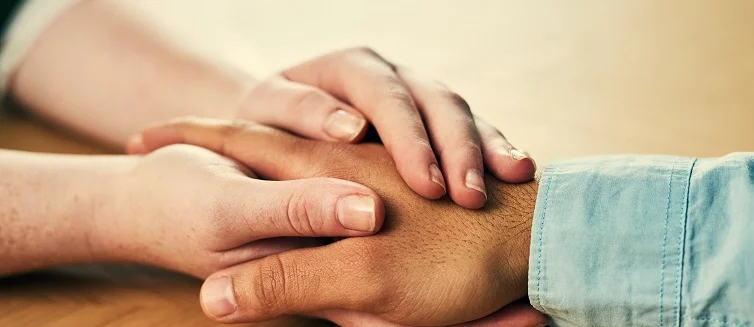



Why Can We Learn to Forget the Trauma?
The description above about explicit and implicit memory is helpful as an overview and will apply to many situations. But there are other possibilities as well.
In other cases, the survival mechanism may be so strong that it ensures we forget (or repress) any painful memories. Where our survival is dependent upon one person, for instance, any trauma they cause may be forgotten as a coping mechanism so that we can maintain a sense of attachment, which ensures continued caregiving and preserves our chance of survival.

